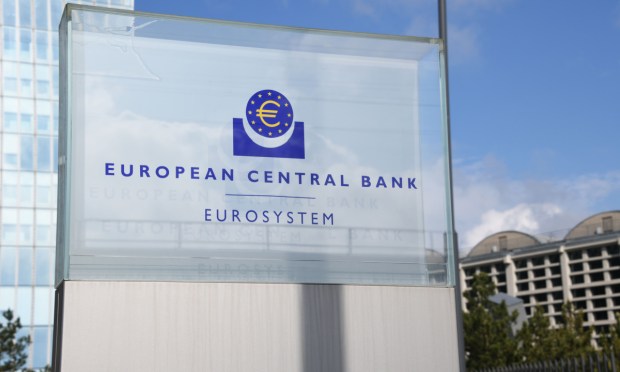
Europe’s new top bank regulator wants lenders to beef up plans for dealing emerging risks.
“Many of the issues dominating today’s headlines were inconceivable a decade ago,” Claudia Buch said in her first speech as chair of the European Central Bank’s Supervisory Board Monday (Feb. 12), per a report by Bloomberg News.
“This underscores the need for banks not only to respond to emerging risks, but to anticipate them too.”
The report notes that banks in Europe are already dealing with the effects of war in Ukraine and the Middle East, as well as the advent of super-charged bank runs thanks to digital tech. The ECB also wants lenders to get a better handle on the risk of cyberattacks, rising interest rates, climate changes and a shift to a more sustainable economy.
“This high degree of uncertainty cannot be captured by classical risk models,” Buch said. “A holistic view of the new risk landscape requires the use of scenarios, improvements in data and measurement, and a close interaction between bank-level and macro-level analysis.”
Buch’s comments come amid what PYMNTS recently prescribed as a “worrying rise in commercial banking fraud,” as criminals begin to target big ticket business-to-business (B2B) transactions in lieu of going after individuals.
“And with B2B relationships becoming ever-more digital between buyers, suppliers and their financial institutions, criminals are adapting their tactics by persuading businesses to log onto fake commercial websites and pilfering their credentials,” that report said.
The consequences of such cyberattacks are profound, with some companies facing staggering losses to schemes like phishing emails, malicious websites and social engineering, which trick employees into clicking on fraudulent links or providing login credentials.
Once inside the commercial banking systems, fraudsters exploit vulnerabilities to gain unauthorized access to accounts and initiate fraudulent transactions.
“That is why it is becoming increasingly critical for organizations to both educate their employees around today’s evolving threat landscape, as well as invest in leveling up their own defenses,” PYMNTS wrote.
Research by PYMNTS Intelligence Hawk AI found that about 43% of financial institutions in the U.S. experienced an increase in fraud during 2023 relative to 2022, with fraud losses increasing by about 65% from $2.3 million in 2022 to $3.8 million in 2023.
“Collaboration and data sharing between businesses, financial institutions, and cybersecurity experts is crucial in developing and implementing effective preventive strategies,” PYMNTS wrote. “Additionally, the integration of advanced technologies such as AI and machine learning can enhance the detection of suspicious activities and potential threats.”





